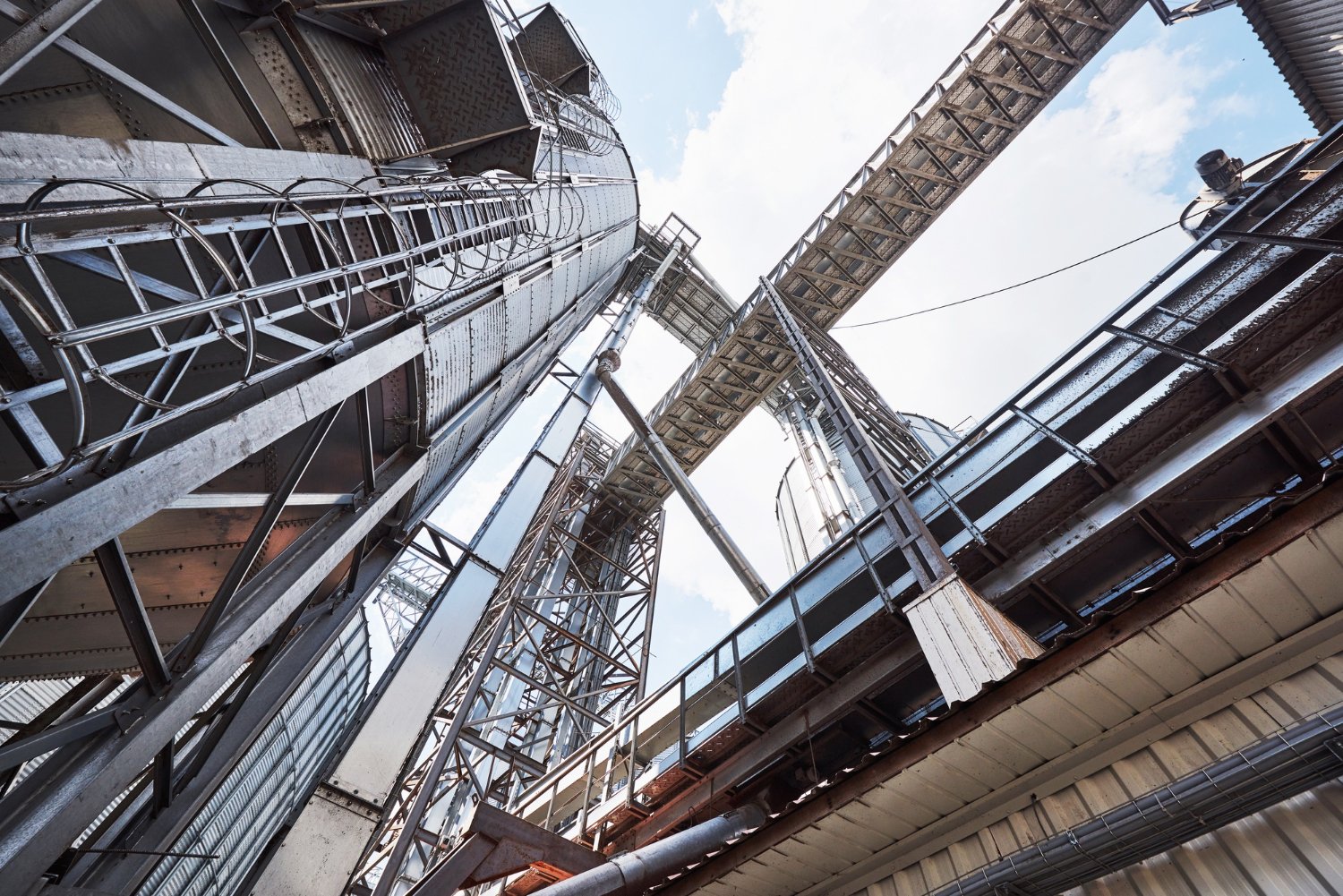Efficiency and Sustainability in Boiler Power Plants
As the demand for energy continues to rise, improving the efficiency and sustainability of boiler power plants has become a critical focus. This blog explores various strategies, technological advancements, and case studies highlighting efforts to enhance efficiency and sustainability in these essential energy-producing facilities.
Strategies to Improve Efficiency in Boiler Power Plants
- Optimizing Combustion Processes
- Advanced Combustion Control Systems: Implementing real-time monitoring and control systems to optimize fuel-air mixtures and combustion temperatures.
- Fuel Quality Management: Ensuring consistent and high-quality fuel to improve combustion efficiency.
- Upgrading Boiler Equipment
- Supercritical and Ultra-Supercritical Boilers: Utilizing advanced boilers that operate at higher pressures and temperatures, leading to increased thermal efficiency.
- Condensate Recovery Systems: Recycling steam condensate to preheat boiler feedwater, reducing the energy required for heating.
- Heat Recovery and Reuse
- Economizers: Installing economizers to capture waste heat from flue gases and use it to preheat the feedwater.
- Combined Heat and Power (CHP): Integrating CHP systems to simultaneously generate electricity and useful thermal energy from the same fuel source.
- Regular Maintenance and Upgrades
- Routine Inspections and Cleaning: Ensuring that boilers and associated equipment are free from deposits and corrosion, which can reduce efficiency.
- Upgrading Insulation: Improving insulation on boilers, steam lines, and other components to minimize heat loss.
Technological Advancements Contributing to Sustainability
- Carbon Capture and Storage (CCS)
- Description: Technologies that capture carbon dioxide emissions from power plants and store them underground or utilize them in other industrial processes.
- Impact: Significantly reduces greenhouse gas emissions, making fossil fuel-based power generation more sustainable.
- Biomass Co-Firing
- Description: Blending biomass with traditional fossil fuels to reduce carbon emissions.
- Impact: Utilizes renewable resources and decreases reliance on coal and other non-renewable fuels.
- Advanced Materials
- Description: Using materials that can withstand higher temperatures and pressures, enhancing boiler efficiency and lifespan.
- Impact: Increases the overall efficiency and reliability of the power plant.
- Digitalization and Smart Controls
- Description: Implementing advanced sensors, data analytics, and AI-driven control systems to optimize plant operations in real-time.
- Impact: Improves operational efficiency, reduces downtime, and lowers emissions.
Case Studies of Sustainable Practices
- The Drax Power Station, UK
- Initiative: Transitioned from a predominantly coal-fired power plant to one of the largest biomass power stations in Europe.
- Results: Significant reduction in carbon emissions and increased use of renewable energy sources.
- The Nordjylland Power Station, Denmark
- Initiative: Utilizes ultra-supercritical boilers and CHP technology.
- Results: Achieved one of the highest thermal efficiencies globally, around 47%, and supplies district heating to the local community.
- The Maasvlakte Power Plant 3, Netherlands
- Initiative: Incorporates CCS technology and advanced steam cycle technologies.
- Results: Reduced CO2 emissions by capturing and storing a portion of its emissions and improved overall plant efficiency.
The Future of Boiler Power Plants
- Integration of Renewable Energy Sources: Increasing the use of renewable fuels such as biomass and waste-to-energy solutions.
- Hybrid Systems: Combining traditional boiler systems with renewable energy technologies like solar thermal and wind power.
- Continuous Innovation: Ongoing research and development in materials science, digital controls, and carbon capture technologies to further enhance efficiency and sustainability.
Conclusion
Improving the efficiency and sustainability of boiler power plants is essential for meeting energy demands while minimizing environmental impact. By adopting advanced technologies, optimizing processes, and incorporating renewable energy sources, boiler power plants can become more efficient and environmentally friendly, contributing to a sustainable energy future.

